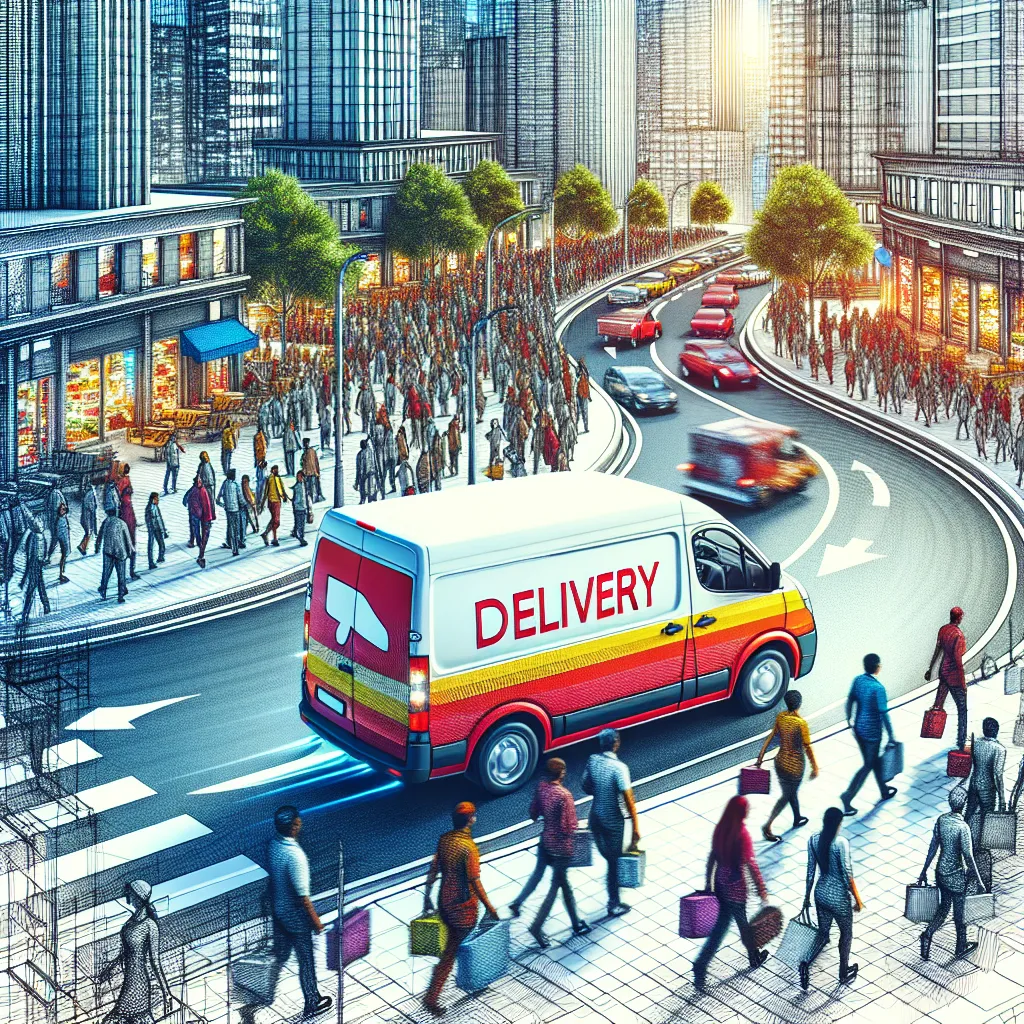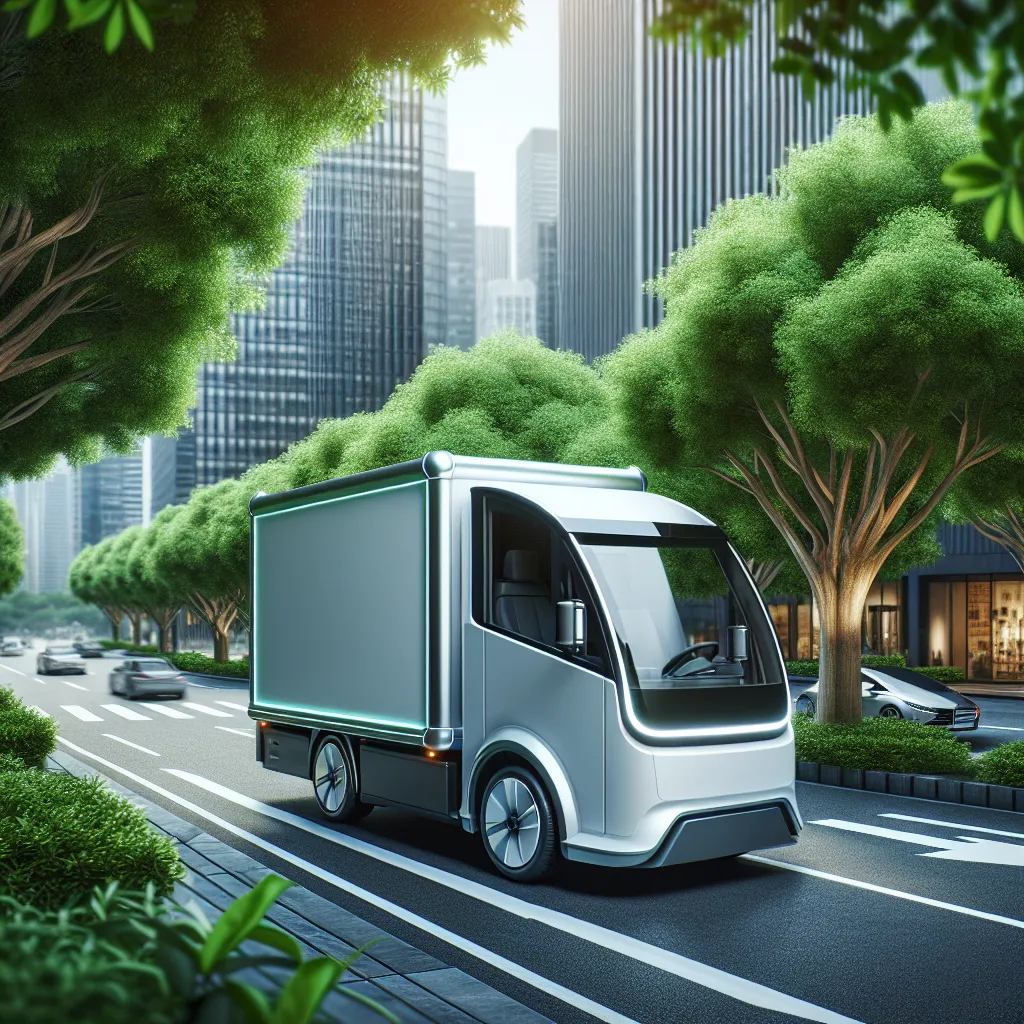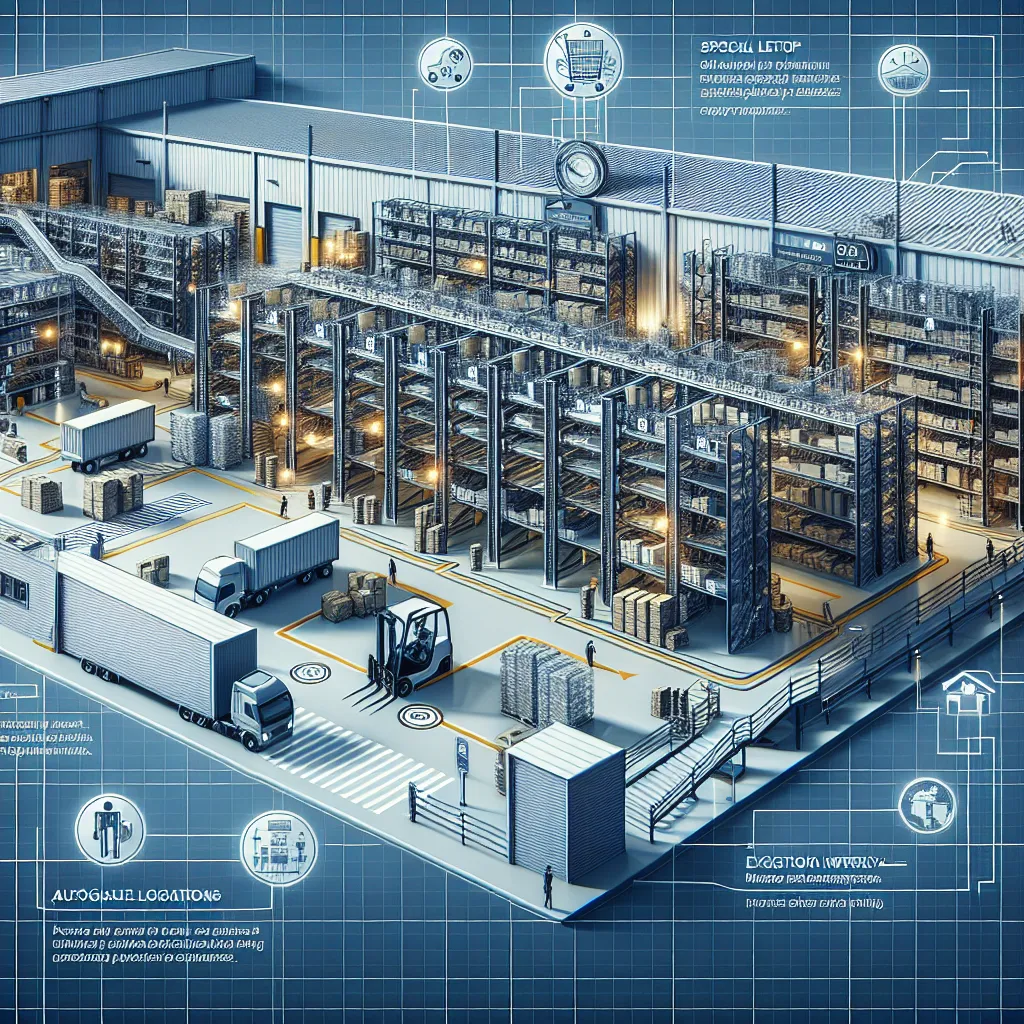Sustainable Solutions for Last-Mile Delivery Challenges
As the demand for last-mile delivery services continues to rise, businesses are facing increasing challenges in terms of sustainability and environmental impact. In response to this, logistics companies are implementing effective strategies to improve last-mile delivery while prioritizing sustainable solutions.
One approach to address the sustainability challenges of last-mile delivery is the adoption of electric and hybrid vehicles. By incorporating these eco-friendly vehicles into their fleets, companies can significantly reduce carbon emissions and minimize the environmental impact of their delivery operations. Additionally, the use of electric bikes and delivery drones can further enhance the sustainability of last-mile delivery, especially in urban areas where traffic congestion is a significant issue.
Furthermore, optimizing delivery routes and employing advanced route planning technologies can contribute to sustainable last-mile delivery practices. By minimizing the distance traveled and the number of stops made, companies can lower fuel consumption and reduce their overall carbon footprint. Implementing real-time tracking systems and leveraging data analytics also enable companies to make more informed decisions, leading to greater operational efficiency and reduced environmental impact.
Collaboration and partnerships within the logistics industry play a crucial role in promoting sustainable last-mile delivery. By working together to consolidate shipments and share resources, companies can optimize delivery processes, reduce energy consumption, and decrease the number of vehicles on the road. These collaborative efforts contribute to a more sustainable and environmentally friendly approach to last-mile delivery.
In conclusion, sustainable solutions for last-mile delivery challenges are essential for the ongoing success of logistics operations. By embracing electric vehicles, optimizing delivery routes, and fostering industry collaboration, businesses can effectively improve last-mile delivery while mitigating their environmental impact, ultimately contributing to a more sustainable and eco-friendly future.
Technological Innovations Transforming Last-Mile Logistics
Technological innovations have brought significant transformations to the last-mile logistics, offering effective strategies for improving delivery operations. One such innovation is the implementation of route optimization software, which utilizes advanced algorithms to identify the most efficient delivery routes, taking into account factors such as traffic patterns, delivery windows, and vehicle capacities. This not only reduces delivery times but also minimizes fuel consumption and emissions, contributing to sustainability efforts.
In addition, the integration of real-time tracking and visibility solutions allows logistics companies to provide customers with accurate and up-to-date information regarding their deliveries. This not only enhances customer satisfaction but also enables proactive management of potential delivery issues, such as delays or disruptions, leading to improved overall delivery performance. Moreover, the utilization of delivery drones and autonomous vehicles has the potential to revolutionize last-mile logistics by enabling faster and more flexible delivery options, especially in urban areas.
Furthermore, the adoption of smart delivery lockers and automated parcel terminals offers a secure and convenient alternative for both retailers and customers. These innovative solutions enable efficient package management and provide customers with the flexibility to retrieve their parcels at their preferred time, reducing the need for multiple delivery attempts and thus enhancing delivery efficiency.
Overall, technological innovations are reshaping last-mile logistics, offering diverse tools and solutions that enhance delivery operations, improve customer experiences, and drive sustainable and efficient practices in the logistics industry.
Optimizing Urban Logistics for Efficient Last-Mile Delivery
Optimizing urban logistics for efficient last-mile delivery is essential for businesses to meet the growing demands for faster and more reliable delivery services. With the rise of e-commerce and online shopping, the last-mile delivery has become a critical aspect of the logistics process, and optimizing this stage can lead to significant cost savings and improved customer satisfaction.
One effective strategy for optimizing urban logistics is the use of data analytics and technology to streamline delivery routes. By analyzing data on traffic patterns, delivery locations, and customer preferences, logistics companies can create more efficient routes that minimize time and fuel consumption. This not only reduces the environmental impact of delivery operations but also cuts down on costs associated with fuel and vehicle maintenance.
Furthermore, the use of alternative delivery methods such as drones and electric vehicles can help optimize urban logistics by bypassing congested city streets and reaching customers in a more timely manner. These innovative solutions not only improve efficiency but also contribute to the sustainability of urban logistics, reducing emissions and noise pollution in densely populated areas.
In addition, collaboration with local authorities and urban planners is crucial for optimizing urban logistics. Working together to develop infrastructure and regulations that support efficient last-mile delivery can lead to better-designed urban spaces that accommodate the needs of delivery vehicles and minimize congestion. This collaboration can also address issues such as parking, loading zones, and delivery time windows, further optimizing the last-mile delivery process.
In conclusion, optimizing urban logistics for efficient last-mile delivery requires a multifaceted approach that integrates data analytics, technology, alternative delivery methods, and collaboration with urban stakeholders. By implementing these strategies, logistics companies can improve the efficiency, sustainability, and cost-effectiveness of their last-mile delivery operations in urban environments.




